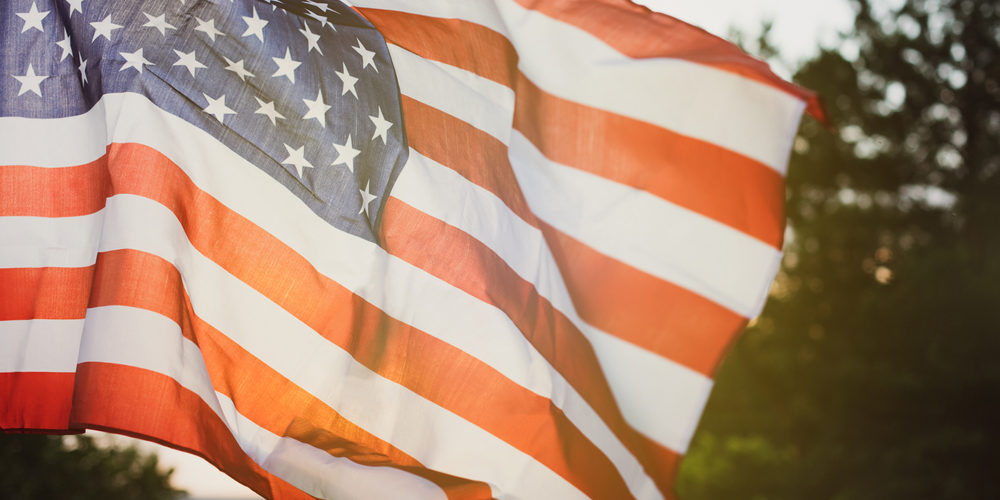Before PTSD had an official name and diagnostic criteria, British psychologist Charles Samuel Myers coined the term “shell shock” to summarize the array of symptoms seen in veterans returning home from the battlefields of WWI. Other outdated names for PTSD include “battle fatigue” and “war neurosis.” However, we now know that serving in combat is not the sole reason veterans can experience trauma resulting from their time in uniform. In observance of Veterans Day, what additional mental health issues do the men and women of our armed forces face?
1. Military Sexual Trauma
Military service is one of the only careers where women can expect to earn equal pay to their male colleagues. Unfortunately, that doesn’t mean the armed forces are free from issues like sexual assault and harassment, unwanted physical contact, lewd comments and rape. While men can also be victims of MST, it happens far more often for women service members. According to DAV, an estimated one in four female veterans in the VA health care system report experiencing MST, compared to only one in 100 male veterans.
2. Traumatic Brain Injuries
Any head injury that shakes the brain inside the skull can cause bruising and trauma, even those that do not knock someone unconscious or result from direct contact to their head. Many TBI symptoms overlap with those of PTSD, and these two conditions can also co-occur. It may be difficult to accurately diagnose either, since there often aren’t any physical signs of injury.
3. Deployment
Frequent deployments and relocations are a fact of military life. While service members and their families get to experience different cultures and communities, living far away from loved ones can be challenging. In addition, the stress of moving and re-acclimating to a new community every few years may be hard to cope with and cause or worsen issues like anxiety and depression.
4. Grief
Combat veterans may witness severe injuries and death in the line of duty. While seeing someone get hurt or killed can be traumatic under any circumstances, it is especially shocking when you have trained, lived and worked alongside them for months or years. Military culture is so tight-knit and cohesive that service members form extremely close bonds, promising to never leave fallen comrades behind. Grief can be one of the most challenging emotional experiences to process, and you may need plenty of time and space to work through all the stages.
5. Training Accidents
Over the last decade and a half, U.S. troops have died in training accidents at twice the rate that they have died in combat. Ground vehicle accidents, primarily caused by a lack of adequate driver training and a failure to implement safety procedures, are leading causes of injury and death among service members.
PTSD and Substance Abuse – Understanding the Connection
PTSD frequently co-occurs with substance use disorders when people start drinking or taking drugs to cope with their symptoms. While being drunk or high may provide short-lived relief, the long-term effects can cause mounting problems in the long run, including addiction. At Pillars Recovery, we have experienced these issues firsthand and know how hard they can be to overcome.
Our accredited California men’s and women’s rehab is here to help you start your recovery journey and accomplish your goals. Reach out today to learn more about our evidence-based treatment strategies and client-first philosophy.







